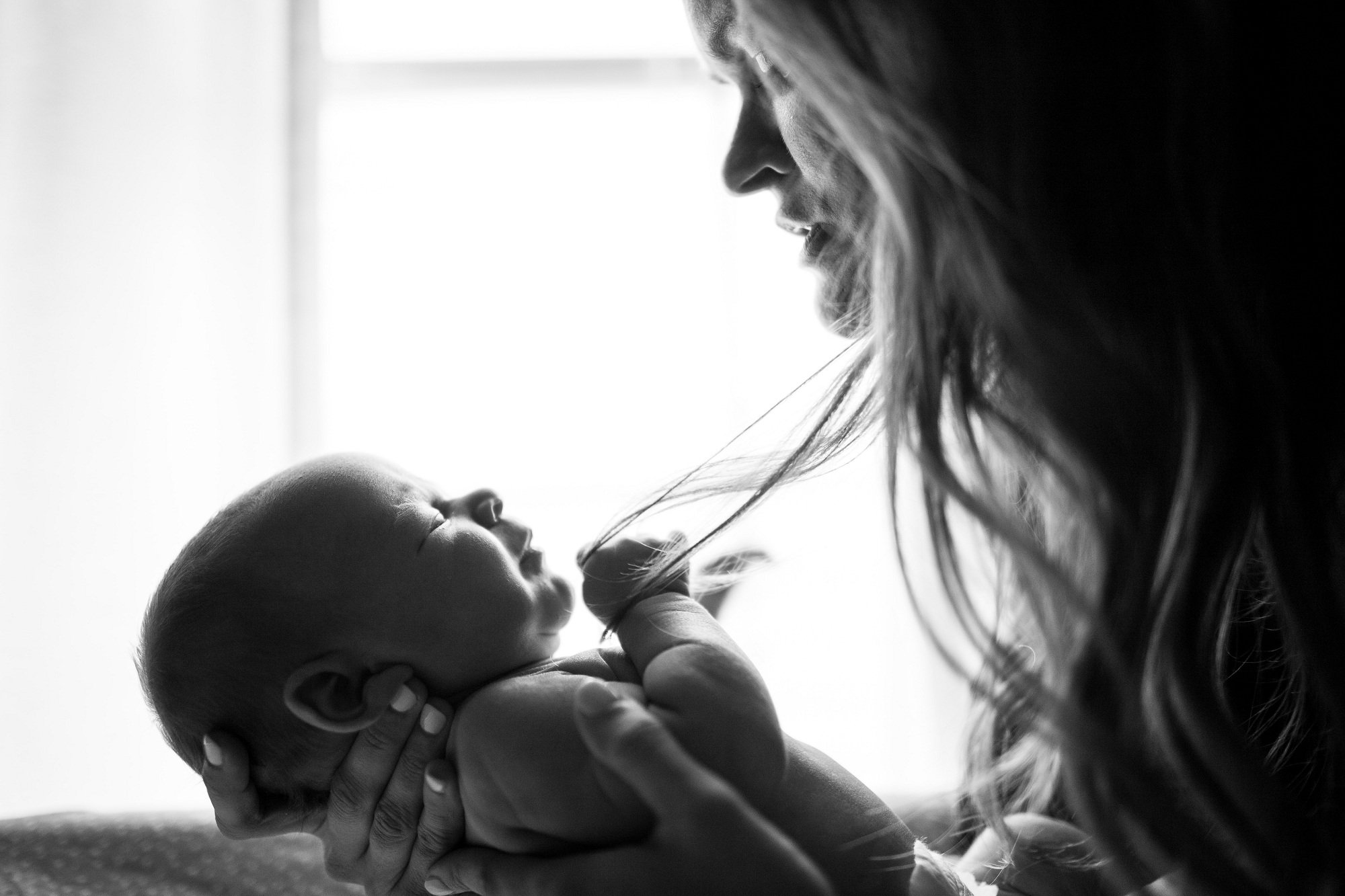Due to the dramatic increase in birth trauma, postnatal depression, and the need to navigate hospital systems in our Country, doulas are in high demand. Women in general are saying “enough” and are wanting to take charge of their birth and post-natal journeys. Research and information are easier to come by and women are more aware of their birth choices, or sadly, in some parts of the Country, their lack of choices. Knowing you can have another woman, who has been trained and is non-judgmental walk beside you on your journey to parenthood is an incredible comfort and one of the reasons someone might hire a Doula.
Traditionally, doulas have been assisting women in birth for centuries. The word Doula comes from a Greek word meaning ‘slave or helper’. The word was coined in America over three decades ago and has come to mean ‘to be with a woman and to ‘mother the mother’. Doulas also work in many other spaces where individuals or families are navigating a system and seeking support and options, during a major life transition.
Birth doulas work alongside other healthcare professionals such as Midwives and Obstetricians. We inform, nurture, and offer resources, assisting women to create a birth and post-natal plan for themselves depending on their circumstances.
Having a doula ensures you have continuity of care as unfortunately, due to the way hospital maternity units are set up today, continuity of care, rarely occurs.
Doulas are in a unique position where we can journey with a woman and her partner before, during and after the birth.
During labour and birth, having built a relationship, we can work with partners to be as included as they want, give them guilt-free breaks and work with the woman on a deep level having identified her desires, fears, strengths, and vulnerabilities prior to being in labour.
Doulas are becoming a respected part of a birthing team in Australia and in other countries around the world, we are an expected inclusion. Research and statistics on the difference a Doula can make are highly significant. Doulas specialise in non-medical skills and do not perform clinical tasks, such as vaginal exams or fetal heart rate monitoring. Doulas do not diagnose medical conditions, offer second opinions, or give medical advice.
A doula is skilled in supporting the birthing woman and her partner to meet the challenge of labour one contraction at a time and then assists in building confidence and understanding around early parenting, in the immediate post-natal period.
Studies have proven the benefits of having a trained Doula are:
- 50% reduction in the caesarean rate
- 25% shorter labour
- 60% reduction in epidural requests
- 40% reduction in induction or augmentation of labour
- 30% reduction in analgesia use
- 40% reduction in forceps delivery
- Improved breast feeding
- Decreased incidence of post partum depression
- Greater maternal satisfaction
- Better mother-infant interaction
Information obtained from Mothering the Mother: ‘How a Doula Can Help You Have a Shorter Easier and Healthier Birth’
Klaus, Kennell, and Klaus.
The ADC delivers, under a training partnership with the Professional Development Centre T/A Australian College of Disability and Community Services (RTO 41475) the only nationally accredited birth and post-natal Doula Training in Australia: (11123NAT) Certificate IV in Doula Support Services as we believe that it’s important for those hiring a Doula to feel confident that their Doula has been comprehensively trained, is receiving support in her practice and that they work under a code of conduct and ethics.
Doulas should attend an obligation free interview with you and are on call for you two weeks either side of your due date. Fees vary according to the Doulas experience.
Finding a Doula that is just right for you and your family is as simple as contacting the Australian Doula College or exploring online. Whether you are planning a home, birth centre, labour ward or caesarean birth your doula will offer non-judgemental, non-biased information and support.
Renee Adair
Renee Adair is the founder and director of the Australian Doula College, the Groundwork Program and the ADC’s charity-arm Doula Heart Network.









